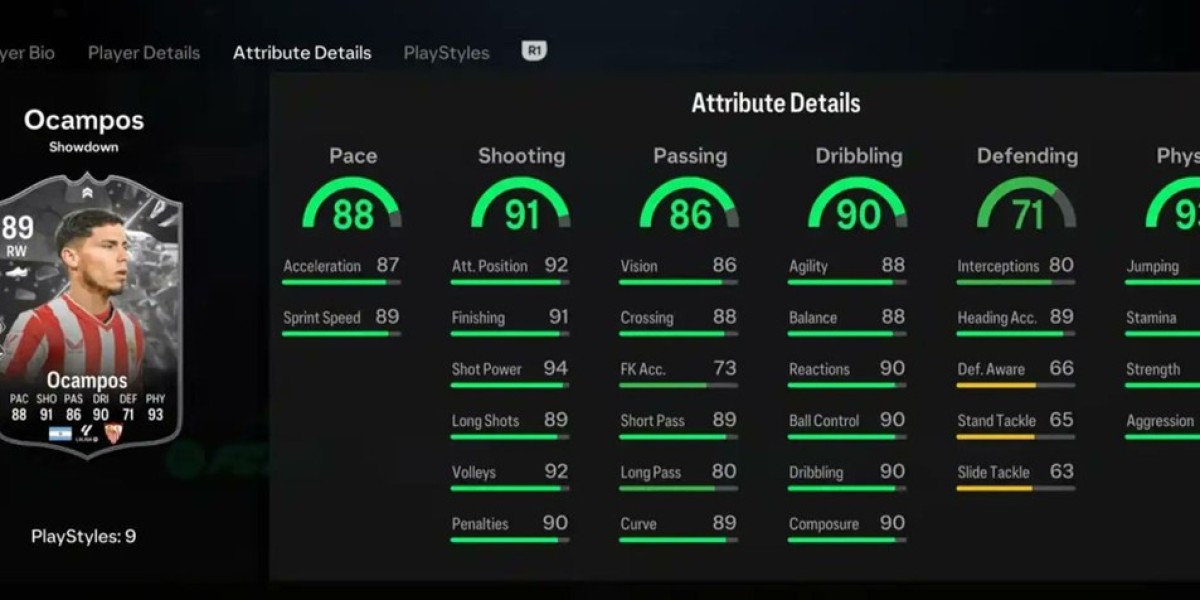How to improve your chances of success in Gafta arbitration?
- Understand the Rules: Familiarize yourself with Gafta arbitration rules and the specific pro forma contract terms.
- Document Everything: Maintain thorough records of all communications, transactions, and agreements related to the contract.
- Timely Actions: Ensure all claims and notices are filed within the specified time limits.
- Legal Assistance: Consider hiring experienced legal counsel who specializes in Gafta arbitration to navigate the process effectively.
- Prepare Thoroughly: Gather all necessary evidence and prepare your case meticulously to present a strong argument in arbitration.
By following these steps, you can improve your chances of achieving a favorable outcome and successfully recovering money from your debtor through Gafta arbitration.
What is Gafta?
Gafta, the Grain and Feed Trade Association, established in 1878 as the London Corn Trade Association, is more than just an arbitration body. It is an international trade association dedicated to protecting the interests of grain market participants. Headquartered in London, Gafta also has offices in Geneva, Kyiv, Beijing, and Singapore. Gafta's primary function is drafting standard pro forma grain trade contracts, which greatly simplify and expedite the contracting process.
These pro forma contracts eliminate the need for buyers and sellers in different countries to negotiate all terms from scratch. Instead, they only need to agree on the key elements such as goods, price, quality, delivery basis, and period, while referring to a specific pro forma that includes detailed terms.
According to Gafta, over 80% of the world's grain is traded under contracts based on its pro formas. The most common pro formas in the Black Sea region are Gafta 48 (bulk delivery on CIF), Gafta 49 (bulk delivery on FOB), and Gafta 78 and 78UA (rail and road delivery). Gafta 88 is frequently used for container deliveries.
All Gafta pro forma contracts include a clause stipulating that any disputes will be settled by Gafta arbitration under English law.
What is the time limit to make a claim?
Gafta imposes a one-year time limit for making a claim, which starts from the date of the bill of lading, the date of discharge, or the end date of the delivery period, depending on the delivery terms. For quality disputes requiring sample examination, the time limit is 21 days. The notice of arbitration must be filed within this period, and the claim itself must be lodged within one year of the notice of arbitration. However, parties can apply for a one-year extension, allowing claims to be postponed for up to six years.








